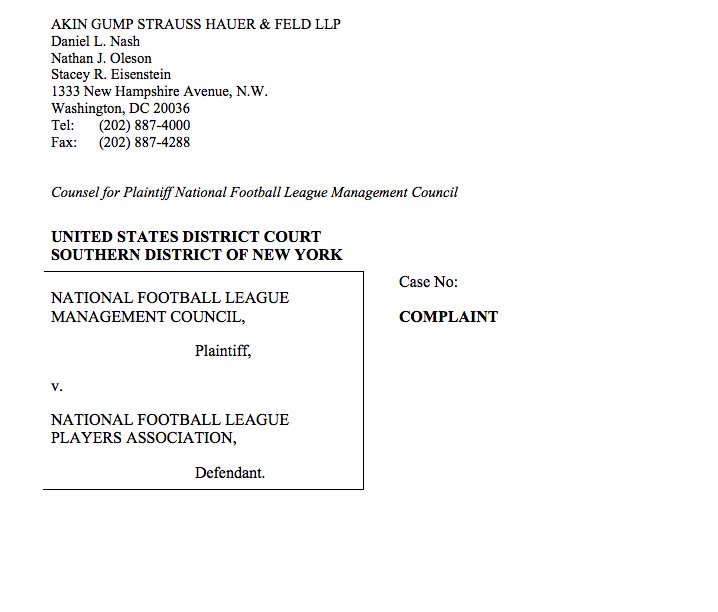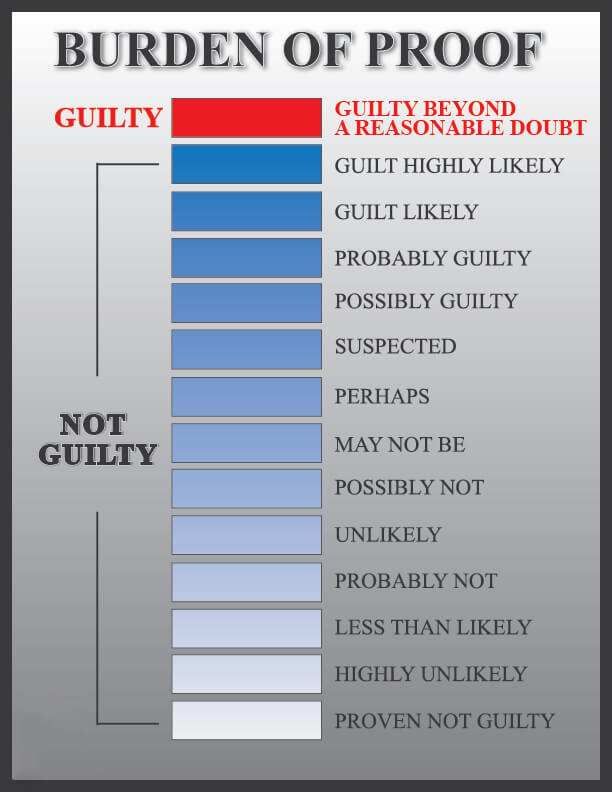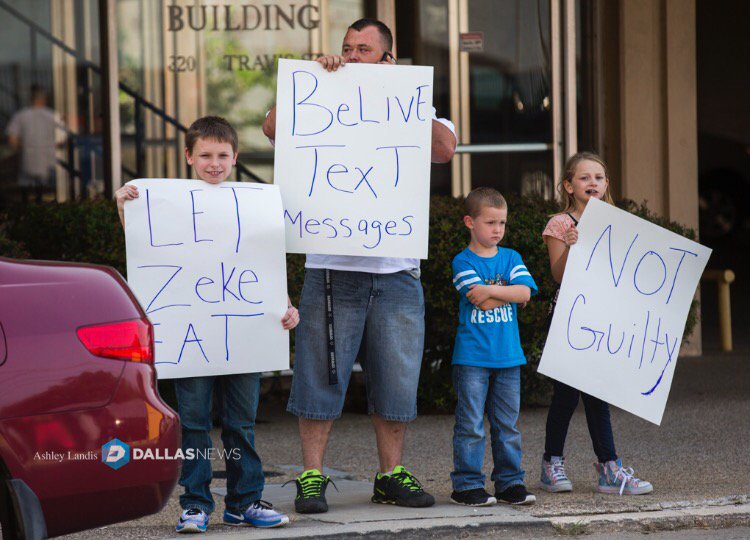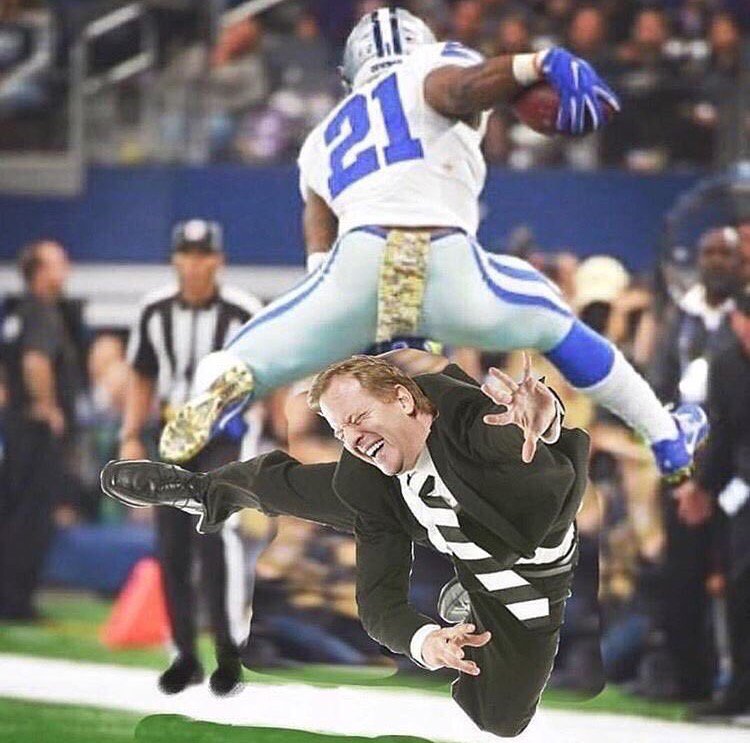EIGHTH CIRCUIT RULES FOR NFL AND REAFFIRMS GOODELL'S POWER
In Oct. 2015, a three-judge panel on the Eighth Circuit consisting of Judges Steven Colloton, James Loken and Diana Murphy heard oral arguments in St. Paul, Minnesota delivered by attorney Jeffrey Kessler on behalf of the NFLPA and Daniel Nash on behalf of the NFL. Nash's central argument was that Judge Doty exceeded the bounds of his authority in vacating Henderson's award. Nash maintained that the punishment of Peterson was not retroactive, at least not in the sense that it would undermine Article 46. As referenced above, Article 46 is worded in such an expansive way that Goodell can—at least in theory—issue suspensions of any length when he finds that a player has committed conduct detrimental to the integrity of, or public confidence in, the NFL.
On Thursday, the three appellate judges issued an opinion in full agreement with Nash. On behalf of the panel, Judge Colloton's opinion echoed themes that were enunciated in the Apr. 25th opinion by Judges Barrington Parker, Jr. and Denny Chin against Brady. Judge Colloton emphasized that federal courts possess very limited authority in vacating arbitration awards. Judges can only focus on whether the arbitrator (which was Henderson in this instance) plausibly applied Article 46 and reasonably interpreted the so-called "law of the shop," which requires consistency in arbitration awards. Put another way, Henderson did not need to be "correct" about Peterson's punishment. He only needed to reach a plausible decision about the punishment. This was a point similar to one made by Judges Parker and Chin in regards to Brady: even though Goodell punished Brady over an alleged ball deflation conspiracy that lacked direct evidence and that various scientists contend did not occur, Goodell reached the decision in a sufficiently plausible way.
Building on that point, Judge Colloton reasoned that Henderson was within his authority as an arbitrator to determine that Goodell did not change the policy in Aug. 2014. This is true, Judge Colloton maintained, even though Goodell actually used the word "change". Of particular significance to the judge was how Goodell stressed that the change "was consistent with our Personal Conduct Policy," meaning it was not a change in policy. Judge Colloton amplified that "the Commissioner is not forever bound to historical precedent if prior discipline under the Personal Conduct Policy provided insufficient deterrence . . . in other words, the League might change its discipline without changing its policy." Judge Colloton therefore thought it was "unnecessary" under federal law for Henderson "to decide whether the Commissioner applied an ‘old' policy, a ‘new' policy, or simply a ‘single' policy that encompassed the writings from both June and August."
Judge Colloton also rejected the significance that Judge Doty placed on the Rice decision. In Nov. 2014, former U.S. District Judge Barbara Jones, while serving as an arbitrator, found that the NFL had wrongly double punished Rice for the same misconduct. Judge Doty thought the Rice decision was applicable to the Peterson matter since both concerned punishments that violated the law of the shop. Judge Colloton firmly disagreed, highlighting that Rice's matter involved a second discipline whereas Peterson's "sanction was the first discipline imposed."




